Questions, questions?
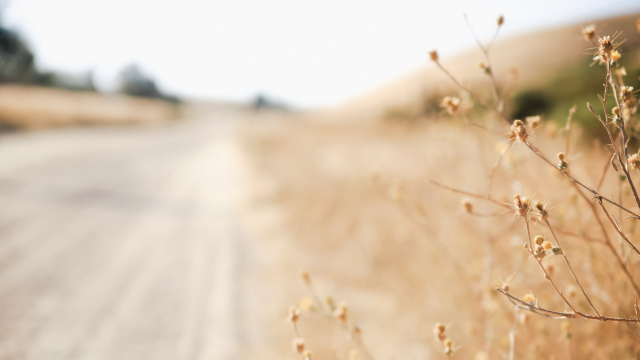
Listen to this daily worship
Ruth 1: 1-7 (NRSVA)
1 In the days when the judges ruled, there was a famine in the land, and a certain man of Bethlehem in Judah went to live in the country of Moab, he and his wife and two sons. 2 The name of the man was Elimelech and the name of his wife Naomi, and the names of his two sons were Mahlon and Chilion; they were Ephrathites from Bethlehem in Judah. They went into the country of Moab and remained there. 3 But Elimelech, the husband of Naomi, died, and she was left with her two sons. 4 These took Moabite wives; the name of one was Orpah and the name of the other Ruth. When they had lived there for about ten years, 5 both Mahlon and Chilion also died, so that the woman was left without her two sons or her husband.
6 Then she started to return with her daughters-in-law from the country of Moab, for she had heard in the country of Moab that the Lord had had consideration for his people and given them food. 7 So she set out from the place where she had been living, she and her two daughters-in-law, and they went on their way to go back to the land of Judah.
All great stories cause us to ask great questions.
The narrative of the book of Ruth, set in an identified time and place in history many centuries ago, holds a mirror to us and shines a spotlight on some of the crucial questions of our own times. This book leads us to ask of ourselves how best can we currently live in our days.
In the first punchy sentence we witness a family of four moving into foreign territory to alleviate hunger in time of famine. This takes us immediately into one of the most profound and cogent challenges of current days as a global community, human migration forced by adversity. A complex equation surrounds those many millions compelled to leave their homes and cross national boundaries, an equation consisting so often of politics, power, warfare and persecution. Climate change, as a threat multiplier, adds insult of drought, flooding, famine and resultant poverty to the most vulnerable in our global community, driven to the very edges of survival in search of better welfare.
Today at time of writing, Madagascar currently faces one of the worst humanitarian crises yet known through famine. Thirty per cent of Pakistan lies under water. East Africa experiences the worst drought and resultant famine in recorded history.
We do well to read this history of a small family in upheaval, driven by hunger and need to leave the place they call home. We do well to consider how bereavement and further loss – a father, husband and two sons dead — can add tragedy and deep insecurity for those already vulnerable. The book of Ruth can inform about how the actions of those in secure positions of power can mean the difference between threat to life itself and the opportunities of being given secure, stable status in a new community. We engage with this story, asking of God, who loves justice and offers compassion, love and protection, especially to those in deep need, how best can we live reflecting His character in our times? Perhaps we do well to hold in mind the question “What does the Lord require of you?” as we read on.
PRAYER:
Father God,
Thank you that the message of your Word endures across the centuries. Transform us as we read, to live more closely in our families and in our society as you would want. Amen.




 Add to Favourites
Add to Favourites

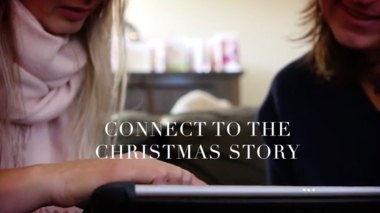
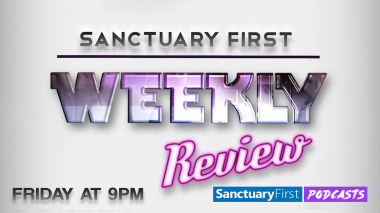

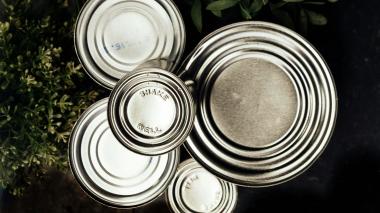
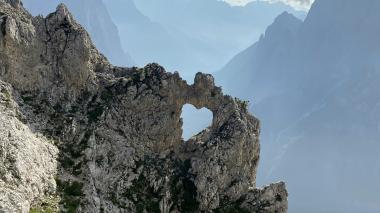


Login to comment.